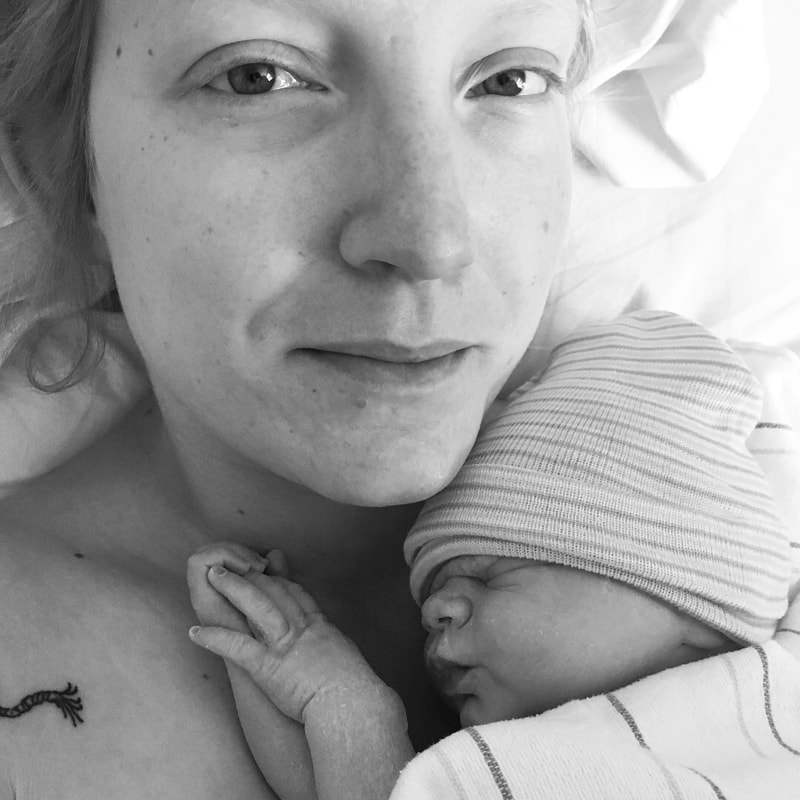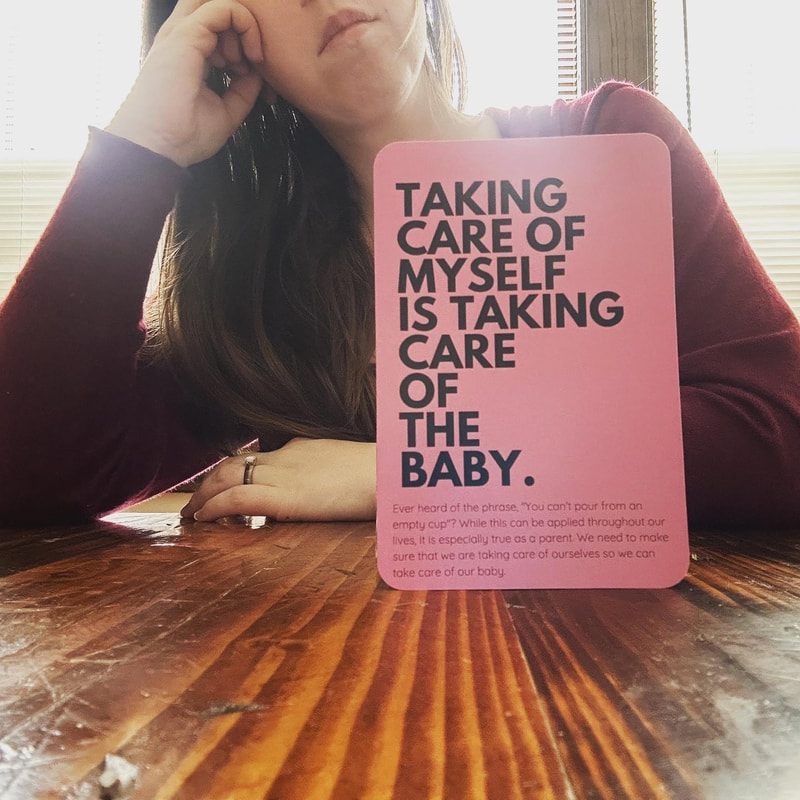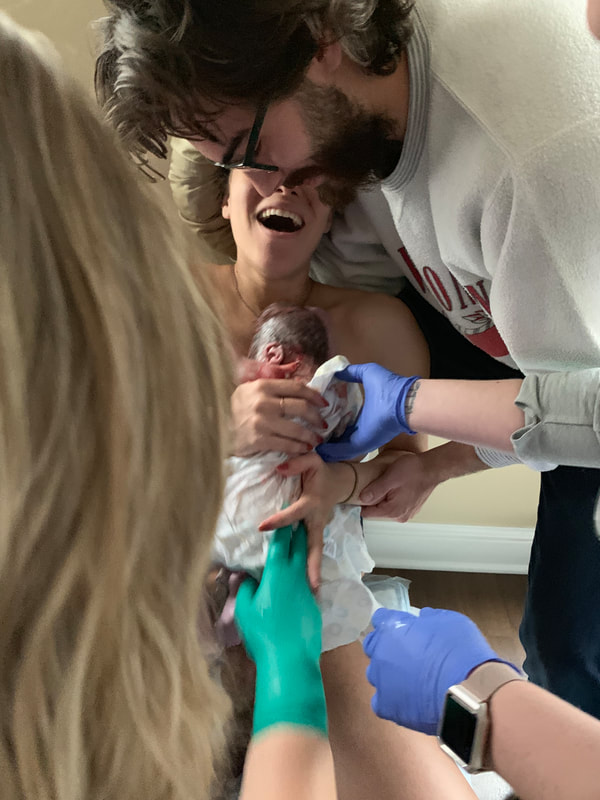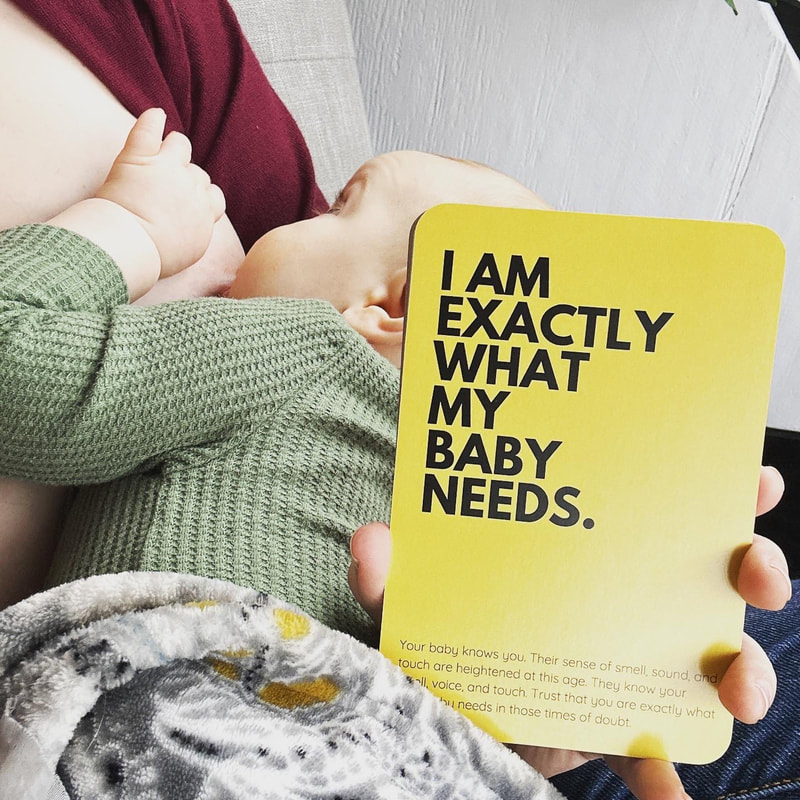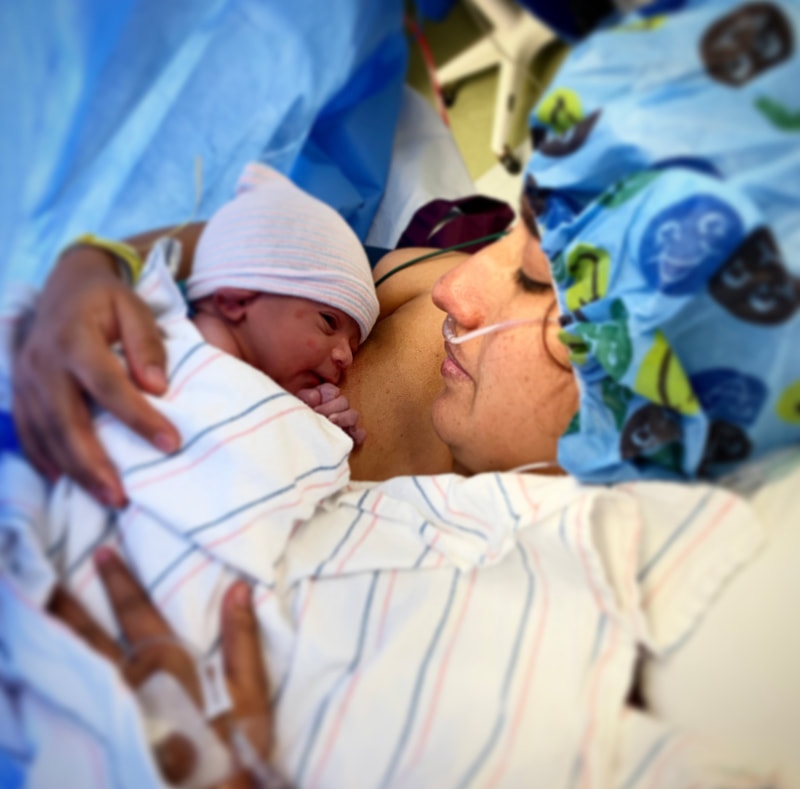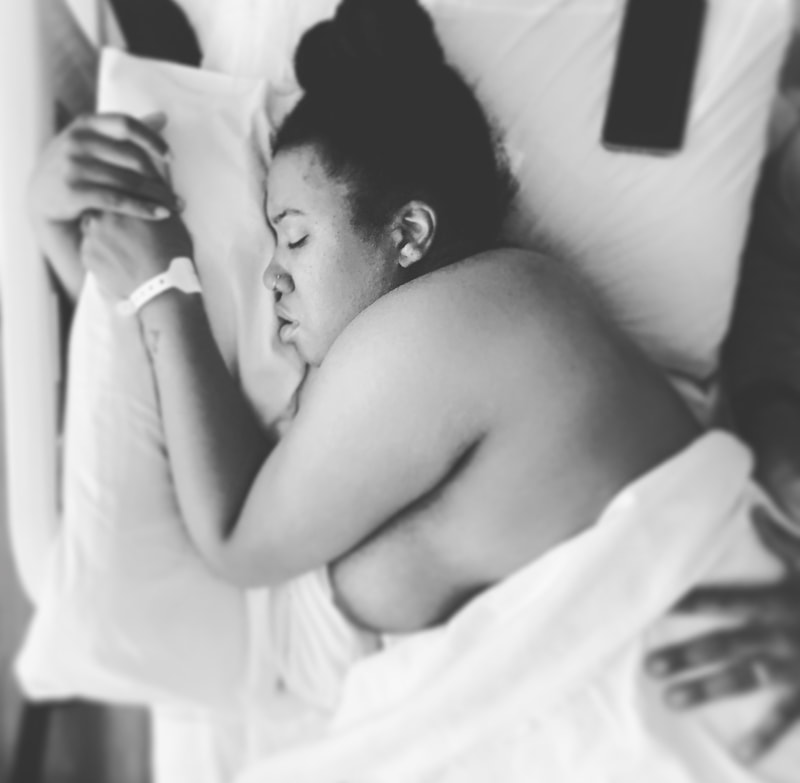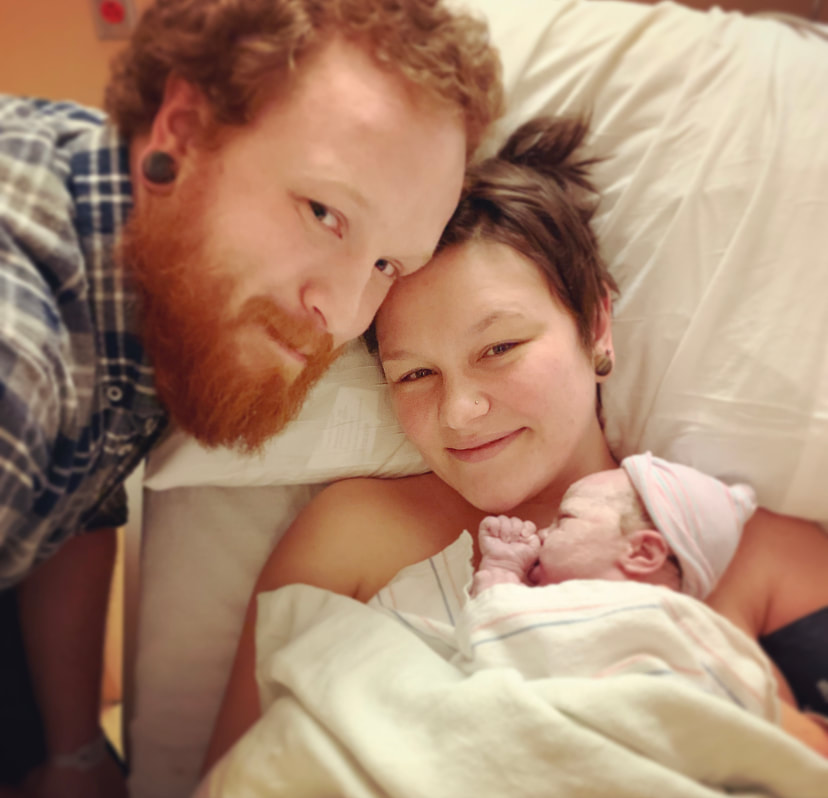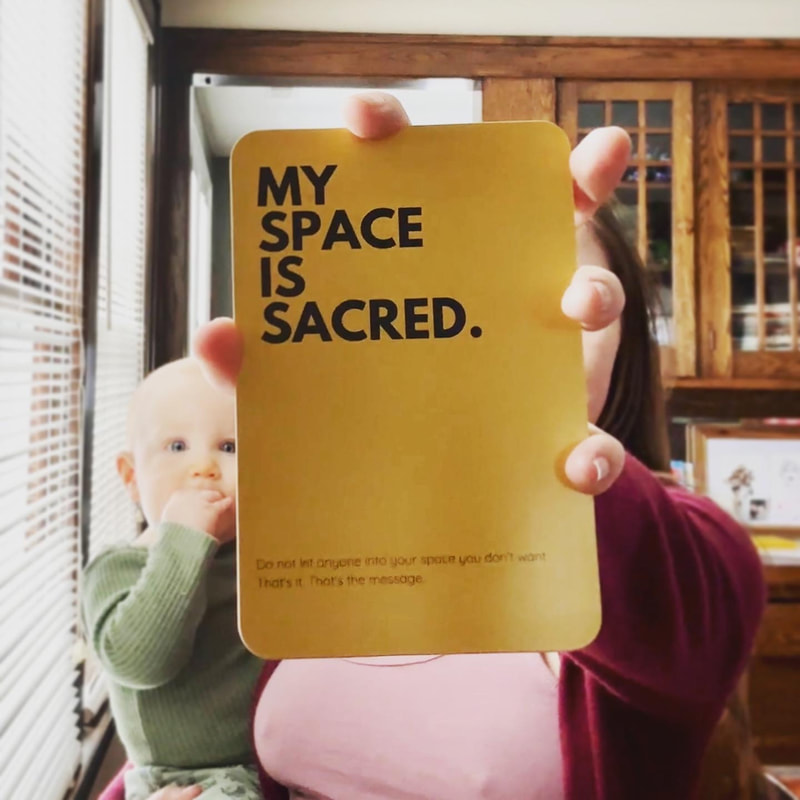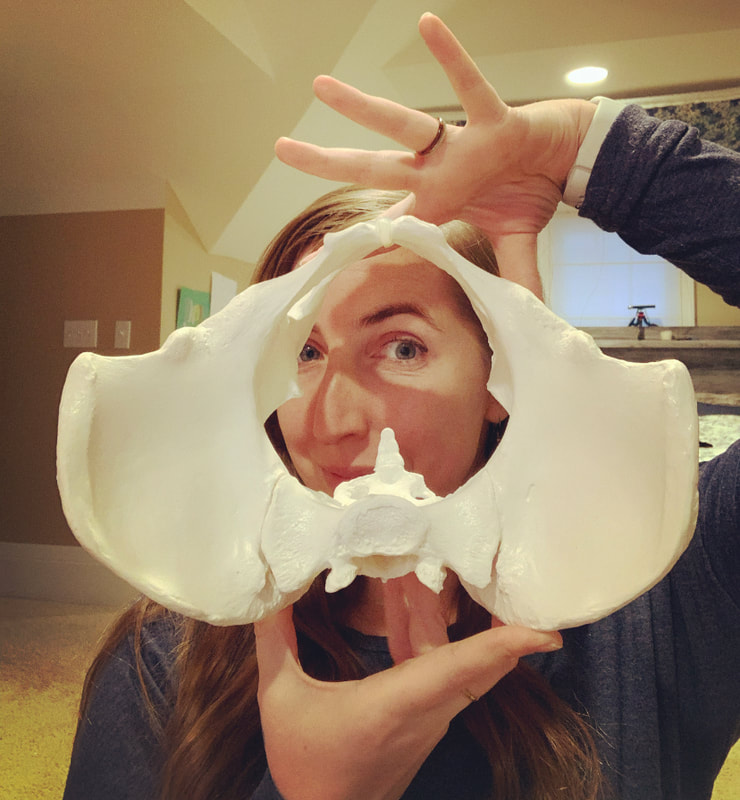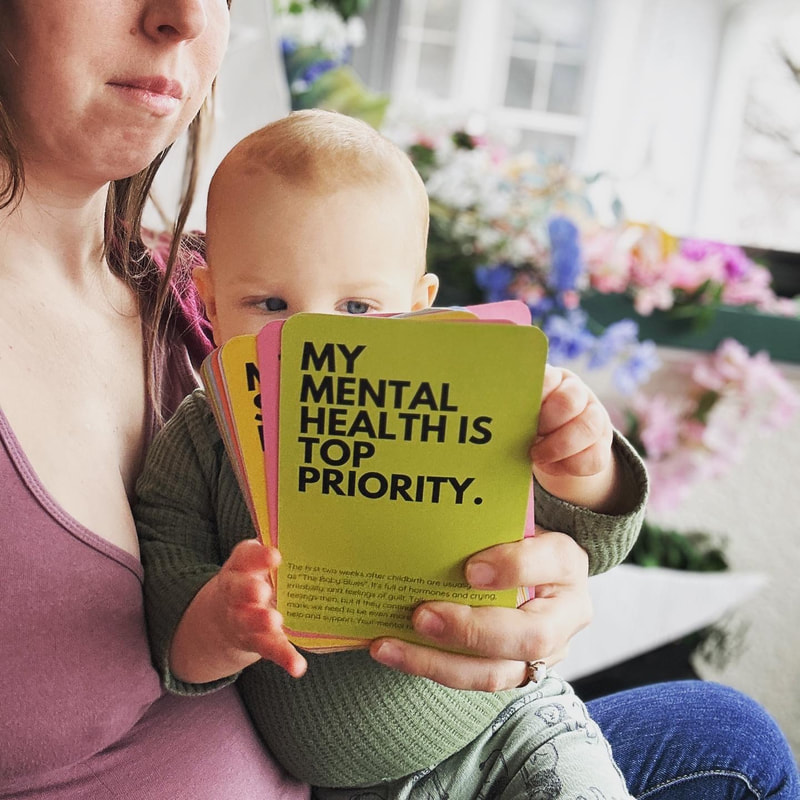Local Resources
Prenatal Resources
Prenatal Exercise and Birth Prep:
The Body Ready Method
Spinning Babies
Choosing a Provider:
Childbirth Collective
Choosing a Birth Location:
Gather Birth
BIPOC Support:
Oily Doula
Doula Kaytee
Community Aware Birthworker
Waterbirth FAQs:
Waterbirth International
Delayed Cord Clamping:
Penny Simkin
Childbirth Education:
Evidence Based Birth
BirthEd
Amma Parenting
Everyday Miracles
Hypnobabies
Queer Birth Project
Flutterby Hypnobirthing
Mommy Gaia
Wise Womxn Wellness
Sibling Resources:
Twin Cities Midwifery
Infant/Child CPR:
Allora Birth
Placenta Encapsulation:
Dani The Doula
Motherhood Doula
Cloth Diapers:
Do Good Diapers
Birth Photographers:
Gather Birth
Raven Ivory
Gather Birth
Nutrition:
Breath and Birth MN
Nurture and Nourish
TENS Unit Rental:
Mama Possum
The Body Ready Method
Spinning Babies
Choosing a Provider:
Childbirth Collective
Choosing a Birth Location:
Gather Birth
BIPOC Support:
Oily Doula
Doula Kaytee
Community Aware Birthworker
Waterbirth FAQs:
Waterbirth International
Delayed Cord Clamping:
Penny Simkin
Childbirth Education:
Evidence Based Birth
BirthEd
Amma Parenting
Everyday Miracles
Hypnobabies
Queer Birth Project
Flutterby Hypnobirthing
Mommy Gaia
Wise Womxn Wellness
Sibling Resources:
Twin Cities Midwifery
Infant/Child CPR:
Allora Birth
Placenta Encapsulation:
Dani The Doula
Motherhood Doula
Cloth Diapers:
Do Good Diapers
Birth Photographers:
Gather Birth
Raven Ivory
Gather Birth
Nutrition:
Breath and Birth MN
Nurture and Nourish
TENS Unit Rental:
Mama Possum
Postpartum Resources
Postpartum & Mental Health Support:
PPSM
HCMC Mother Baby Program
Therapy:
Wise Womxn Wellness
Postpartum Doulas:
Motherhood Doula
Doula Kaytee
Joy the Village Doula
Nurture and Nourish
Parenting Articles:
Kelly Mom
Cosleeping
Nutrition:
Breath and Birth MN
Nurture and Nourish
Cesarean Support:
ICAN
Western WI Cesarean and VBAC Support Group
Babywearing:
Babywearing Twin Cities
Doula Kaytee
Sleep Support:
Calm + Cool Families
Pelvic Steaming:
Oily Doula
Herbal Soaks:
Love and Luz Doula
Miscarriage and Loss Support:
Love and Luz Doula
Now I Lay Me Down to Sleep (No-Cost photography for loss)
Pregnancy and Infant Loss Resources via PPSM
Return to Zero: Hope (Loss Support, Grief Counseling, Support Groups, National)
Star Legacy Foundation (Stillbirth Education and Support, Local)
Shoshana Center for Reproductive Health Psychology (Pregnancy Loss Therapy, LGBTQ friendly)
PPSM
HCMC Mother Baby Program
Therapy:
Wise Womxn Wellness
Postpartum Doulas:
Motherhood Doula
Doula Kaytee
Joy the Village Doula
Nurture and Nourish
Parenting Articles:
Kelly Mom
Cosleeping
Nutrition:
Breath and Birth MN
Nurture and Nourish
Cesarean Support:
ICAN
Western WI Cesarean and VBAC Support Group
Babywearing:
Babywearing Twin Cities
Doula Kaytee
Sleep Support:
Calm + Cool Families
Pelvic Steaming:
Oily Doula
Herbal Soaks:
Love and Luz Doula
Miscarriage and Loss Support:
Love and Luz Doula
Now I Lay Me Down to Sleep (No-Cost photography for loss)
Pregnancy and Infant Loss Resources via PPSM
Return to Zero: Hope (Loss Support, Grief Counseling, Support Groups, National)
Star Legacy Foundation (Stillbirth Education and Support, Local)
Shoshana Center for Reproductive Health Psychology (Pregnancy Loss Therapy, LGBTQ friendly)
Bodywork Recommendations
Chiropractors:
Active Health Chiro
Evergreen Chiropractic
Craniosacral Therapy:
Artfully Empowered
Bloom Into Balance
Doula Kaytee
SUNU Wellness
Physical Therapy:
Viverant
Yoga:
Mama Possum
MileStone Creations
Pelvic Steaming:
Oily Doula
Active Health Chiro
Evergreen Chiropractic
Craniosacral Therapy:
Artfully Empowered
Bloom Into Balance
Doula Kaytee
SUNU Wellness
Physical Therapy:
Viverant
Yoga:
Mama Possum
MileStone Creations
Pelvic Steaming:
Oily Doula
Lactation Support
Partner Support
Black Lives Matter
If you are a Person Of Color and Looking for Pregnancy, Labor, Birth, or Postpartum Support, Please Reach Out! Your journey through childbirth matters, and I want to help you have the advocacy, knowledge, and support that you deserve so that you can have a positive birth experience. Please call, email, or text 651-335-7152 to talk about your birth wishes and to see if we are a good fit!
BIPOC Doulas I Recommend:
Oily Doula
Doula Kaytee
BIPOC Doulas I Recommend:
Oily Doula
Doula Kaytee
From the National Partnership for Women and Families Website:
Black Women’s Maternal Health:A Multifaceted Approach to Addressing Persistent and Dire Health Disparities
Black women in the United States experience unacceptably poor maternal health outcomes, including disproportionately high rates of death related to pregnancy or childbirth. Both societal and health system factors contribute to high rates of poor health outcomes and maternal mortality for Black women, who are more likely to experience barriers to obtaining quality care and often face racial discrimination throughout their lives.
Black women are three to four times more likely to experience a pregnancy-related death than white women.
Due to racism, sexism and other systemic barriers that have contributed to income inequality, Black women are typically paid just 63 cents for every dollar paid to white, non-Hispanic men. Median wages for Black women in the United States are $36,227 per year, which is $21,698 less than the median wages for white, non-Hispanic men. These lost wages mean Black women and their families have less money to support themselves and their families, and may have to choose between essential resources like housing, child care, food and health care.
These trade-offs are evident in Black women’s health outcomes and use of medical care. Compared to white women, Black women are more likely to be uninsured, face greater financial barriers to care when they need it and are less likely to access prenatal care. Indeed, Black women experience higher rates of many preventable diseases and chronic health conditions including diabetes, hypertension and cardiovascular disease. When, or if, Black women choose to become pregnant, these health conditions influence both maternal and infant health outcomes.
To improve Black women’s maternal health, we need a multi-faceted approach that addresses Black women’s health across the lifespan, improves access to quality care, addresses social determinants of health and provides greater economic security.
Black women deserve to have safe and healthy pregnancies and childbirth. To meaningfully improve Black maternal health outcomes, we need systemic change that starts with the health care system, improves access to care and makes the places Black women live and work healthier, more fair and more responsive to their needs. Only when we do that will Black women be able to achieve their optimal health and well-being throughout their lifespan, including if they choose to become parents.
Read More Here.
Black Women’s Maternal Health:A Multifaceted Approach to Addressing Persistent and Dire Health Disparities
Black women in the United States experience unacceptably poor maternal health outcomes, including disproportionately high rates of death related to pregnancy or childbirth. Both societal and health system factors contribute to high rates of poor health outcomes and maternal mortality for Black women, who are more likely to experience barriers to obtaining quality care and often face racial discrimination throughout their lives.
Black women are three to four times more likely to experience a pregnancy-related death than white women.
Due to racism, sexism and other systemic barriers that have contributed to income inequality, Black women are typically paid just 63 cents for every dollar paid to white, non-Hispanic men. Median wages for Black women in the United States are $36,227 per year, which is $21,698 less than the median wages for white, non-Hispanic men. These lost wages mean Black women and their families have less money to support themselves and their families, and may have to choose between essential resources like housing, child care, food and health care.
These trade-offs are evident in Black women’s health outcomes and use of medical care. Compared to white women, Black women are more likely to be uninsured, face greater financial barriers to care when they need it and are less likely to access prenatal care. Indeed, Black women experience higher rates of many preventable diseases and chronic health conditions including diabetes, hypertension and cardiovascular disease. When, or if, Black women choose to become pregnant, these health conditions influence both maternal and infant health outcomes.
To improve Black women’s maternal health, we need a multi-faceted approach that addresses Black women’s health across the lifespan, improves access to quality care, addresses social determinants of health and provides greater economic security.
Black women deserve to have safe and healthy pregnancies and childbirth. To meaningfully improve Black maternal health outcomes, we need systemic change that starts with the health care system, improves access to care and makes the places Black women live and work healthier, more fair and more responsive to their needs. Only when we do that will Black women be able to achieve their optimal health and well-being throughout their lifespan, including if they choose to become parents.
Read More Here.
From the CDC Website:
Racial and Ethnic Disparities Continue in Pregnancy-Related DeathsBlack, American Indian/Alaska Native women most affected
Black, American Indian, and Alaska Native (AI/AN) women are two to three times more likely to die from pregnancy-related causes than white women – and this disparity increases with age, researchers from the Centers for Disease Control and Prevention (CDC) report today in the Morbidity and Mortality Weekly Report (MMWR).
Most pregnancy-related deaths are preventable. Racial and ethnic disparities in pregnancy-related deaths have persisted over time.
Pregnancy-related deaths per 100,000 live births (the pregnancy-related mortality ratio or PRMR) for black and AI/AN women older than 30 was four to five times as high as it was for white women. Even in states with the lowest PRMRs and among women with higher levels of education, significant differences persist. These findings suggest that the disparity observed in pregnancy-related death for black and AI/AN women is a complex national problem.
Read More Here.
Racial and Ethnic Disparities Continue in Pregnancy-Related DeathsBlack, American Indian/Alaska Native women most affected
Black, American Indian, and Alaska Native (AI/AN) women are two to three times more likely to die from pregnancy-related causes than white women – and this disparity increases with age, researchers from the Centers for Disease Control and Prevention (CDC) report today in the Morbidity and Mortality Weekly Report (MMWR).
Most pregnancy-related deaths are preventable. Racial and ethnic disparities in pregnancy-related deaths have persisted over time.
Pregnancy-related deaths per 100,000 live births (the pregnancy-related mortality ratio or PRMR) for black and AI/AN women older than 30 was four to five times as high as it was for white women. Even in states with the lowest PRMRs and among women with higher levels of education, significant differences persist. These findings suggest that the disparity observed in pregnancy-related death for black and AI/AN women is a complex national problem.
Read More Here.
Childbirth Education Tools

